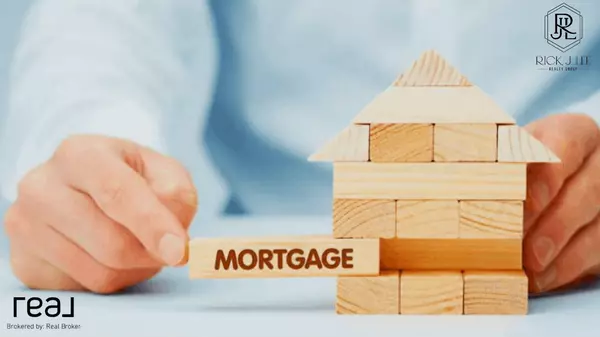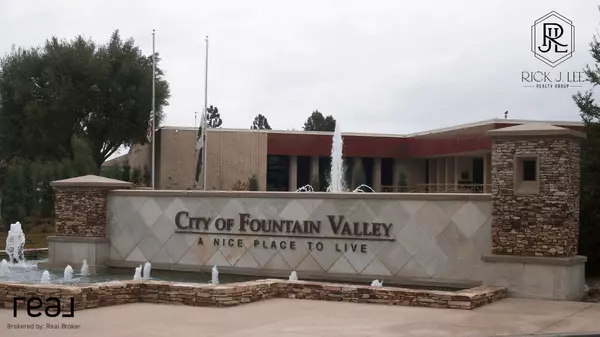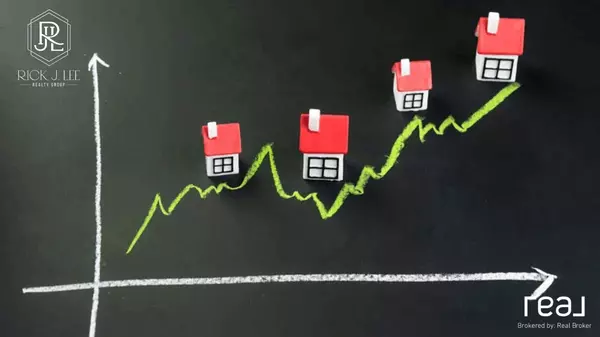
How to Increase the Value of Your Home on a Budget
They say a home is where the heart is, but what if your home could also be where your investment flourishes? In this guide, we'll delve into the art of increasing your home's value without burning a hole in your pocket. Whether you're preparing to sell or simply want to elevate your living experie

Real Estate Investment Trusts (REITs): A Beginner's Guide
Real Estate Investment Trusts (REITs) have emerged as a captivating option for investors looking to tap into the real estate market without the complexities of property ownership. These investment vehicles operate on the premise of collective real estate ownership, offering individuals the opport

The Hidden Costs of Homeownership: Budgeting Beyond the Mortgage
Owning a home is a dream come true for many, but the financial journey extends far beyond signing the mortgage papers. In this comprehensive guide, we will unravel the hidden costs of homeownership, providing you with essential insights to navigate the uncharted waters of budgeting beyond the mo
Categories
- All Blogs (123)
- Aliso Viejo, California (2)
- Anaheim, California (3)
- Beach House (2)
- Best Places for Surfer (1)
- Bixby Knolls (1)
- Buena Park, California (2)
- Buying and Selling Real Estate (29)
- California (2)
- California Beach House (2)
- Cerritos, California (1)
- Costa Mesa, California (1)
- Current Market (1)
- Cypress, CA (3)
- Dana Point, California (1)
- Downey, California (1)
- Fountain Valley, California (5)
- FSBO (1)
- Fullerton, California (1)
- Fur Parents (1)
- Garden Grove California (5)
- History (3)
- home (2)
- Home Improvement (1)
- Home Value (1)
- Huntington Beach (5)
- Irvine, California (3)
- La Habra, California (1)
- Laguna Niguel, California (1)
- Lake Forest, California (1)
- Lakewood Event (1)
- Lakewood, California (8)
- Lifestyle (1)
- Listing (1)
- Long Beach Events (2)
- Long Beach Neighborhood (1)
- Long Beach, California (12)
- Los Alamitos, California (1)
- Market Report (1)
- Mission Viejo, California (1)
- Mortgage Lender (1)
- Moving to Aliso Viejo, California (2)
- Moving to Anaheim, California (3)
- Moving to Buena Park, California (2)
- Moving to California (6)
- Moving to Cerritos, California (1)
- Moving to Costa Mesa, California (1)
- Moving to Cypress, California (3)
- Moving to Dana Point, California (1)
- Moving to Downey, California (1)
- Moving to Fountain Valley, California (4)
- Moving to Fullerton, California (1)
- Moving to Garden Grove, California (5)
- Moving to Huntington Beach (5)
- Moving to Irvine, California (3)
- Moving to Lakewood, California (6)
- Moving to Long Beach, California (12)
- Moving to Los Alamitos, California (1)
- Moving to Los Angeles (1)
- Moving to Mission Viejo, California (1)
- Moving to Newport Beach, California (3)
- Moving to Orange County, California (11)
- Moving to Orange, California (1)
- Moving to Placentia, California (1)
- Moving to Rossmoor, California (1)
- Moving to San Clemente, California (2)
- Moving to Seal Beach, California (2)
- Moving to Signal Hill, California (2)
- Moving to Stanton, California (1)
- Moving to Tustin, California (2)
- Moving to Westminster, California (2)
- Newport Beach, California (3)
- Orange County, California (9)
- Orange, California (1)
- Placentia, California (1)
- Real Estate (34)
- Real Estate Agent (20)
- Rossmoor, California (1)
- San Clemente, California (2)
- San Juan Capistrano, California (1)
- Saving Money (1)
- Seal Beach, California (3)
- Signal Hill, California (3)
- Social Media (1)
- Stagnation (1)
- Stanton, California (1)
- Success Story (1)
- Surfing (1)
- Tips in Moving (1)
- Tustin, California (3)
- Westminster, California (2)
Recent Posts










